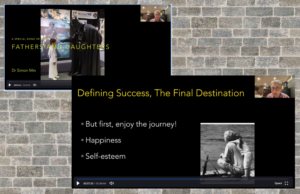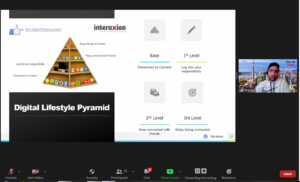Articles
Delegate, even if it takes more time to get the job done

‘Mum shouldn’t do anything anyone else can do, and if no-one else can do it, then teach ’em how.’ ~ First Corollary to the Law of Domestic Expectations
Children take so long to do things. No wonder parents end up doing so much for their children – cleaning up after them, picking up after them, making their beds. It can seem more efficient not to delegate, and it is certainly a lot less trouble. But this is short-term thinking. Initial training takes time, but later on the economies come. Get the kids involved when they’re young and want to help, even if it takes more time to do the job. And, as a bonus, they will continue helping when they are older, when they are much more useful.
In larger families delegation is a must to survive, but in all families it is the key to developing a sense of responsibility in kids. Rosters and planning out jobs for even the smallest kids will pay big dividends when teenage years arrive. Take the initiative: plan responsibilities for all the members of the family with your spouse or in a family discussion. Help children to set their own goals, and frequently review them.
Objective goals can help to make jobs and responsibilities clearer and make each child more accountable. Facts speak for themselves and allow your reprimands or praise to be more educationally effective. One parent’s policy: ‘Kids respect what we inspect’. Another espouses a variation: ‘It’s not what we expect, it’s what we inspect’. Close follow-up of jobs and duties given to children is absolutely essential if we are to build good habits.
Responsibilities do not need to be big. Don’t do things for your child that he or she can look after for themselves. For a small child they will be quite insignificant – putting a toy away when he finishes playing, turning off the television immediately when she is called, not to lay a finger on a smaller brother or sister. A child who grows up with a sense of responsibility in small things will be responsible in big things later on.
This article was written by Dr, Andrew Mullins.
He is the author of ‘Parenting for Character: Equipping Your Child for Life’, with editions in several languages.







